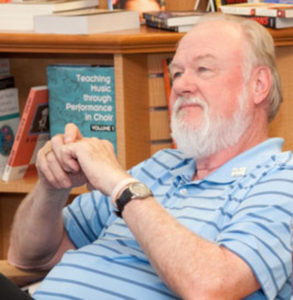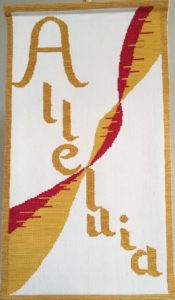 Tuesday, November 13
Tuesday, November 13
9:30 a.m. – Anna Circle – Jane Borelli hosts at Aase Haugen
3:45 p.m. – Education Committee
Wednesday, November 14
10:30 a.m. – Communion at Aase Haugen
1:00 p.m. – Prayer Shawl Ministry – Ruth Bruce hosts
2:00 p.m. – Miriam/Ruth Circle – Carol Hasvold hosts
5:30 p.m. – Confirmation Class
7:00 p.m. – Choir Practice
8:00 p.m. – Band Practice
Thursday, November 15
10:00 a.m. – Bible Study with Pastor in the Narthex
5:00 p.m. – Community Meal at First Lutheran
5:15 p.m. – Worship and Music Committee
Sunday, November 18 – Twenty-sixth Sunday after Pentecost
8:45 a.m. – Choir warmup
9:30 a.m. – Worship with Holy Communion – broadcast 11:00 a.m.
10:30 a.m. – Fellowship Hour
10:50 a.m. -Exploring God’s Word class: 3rd-5th graders, parents Pr. Amy/Youth Forum
10:50 a.m. – Adult Forum – Luther Choral Program






